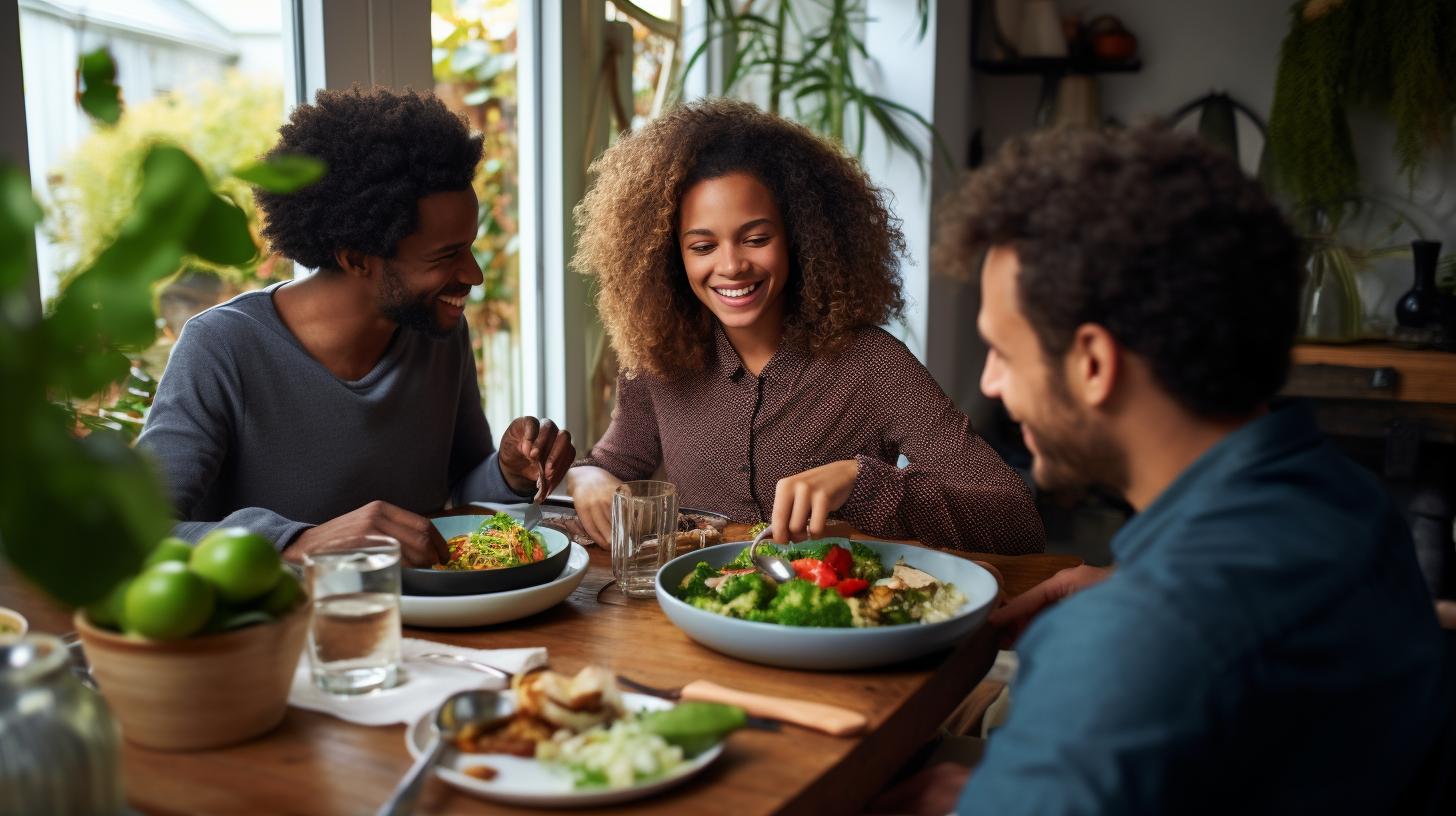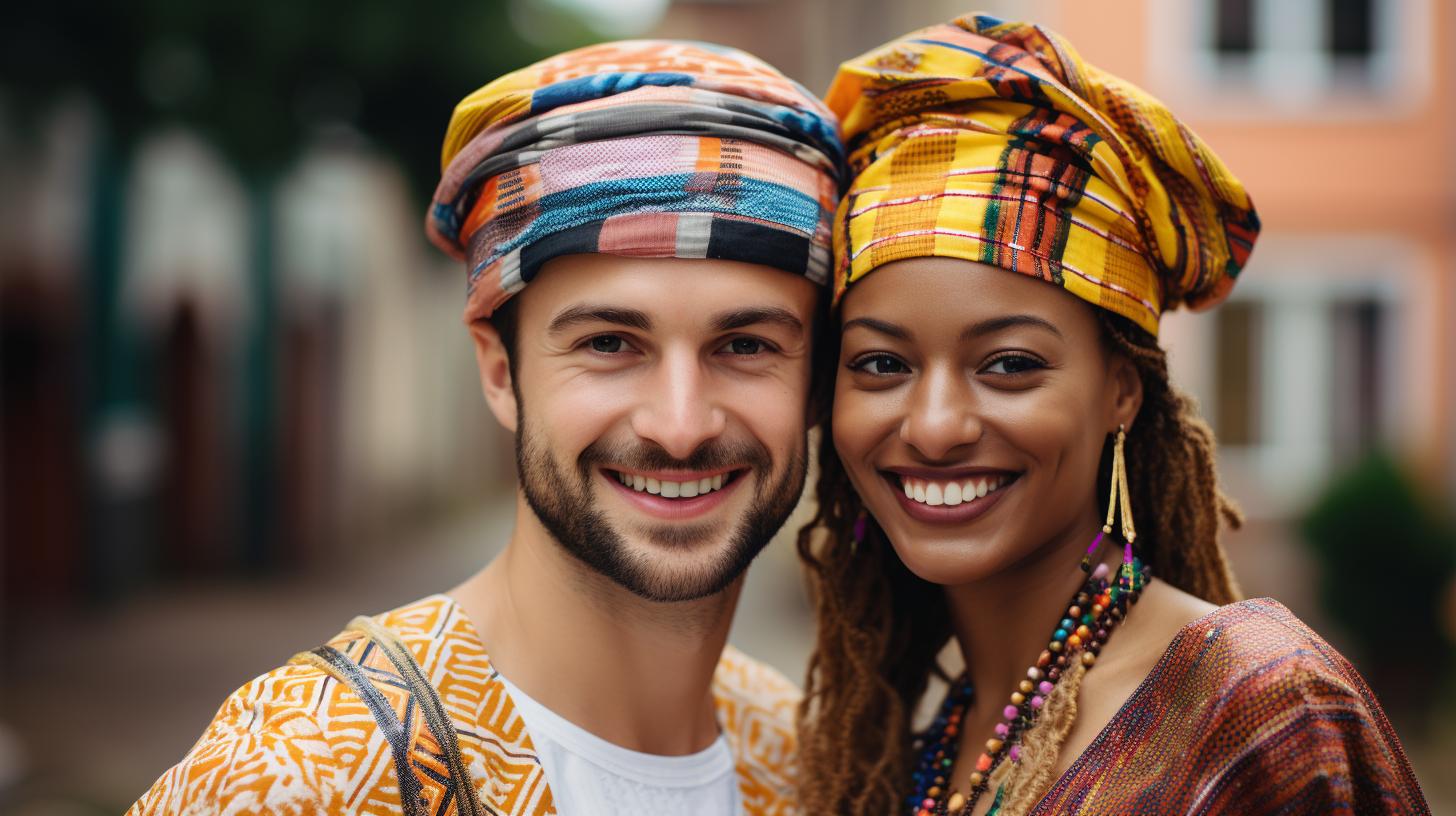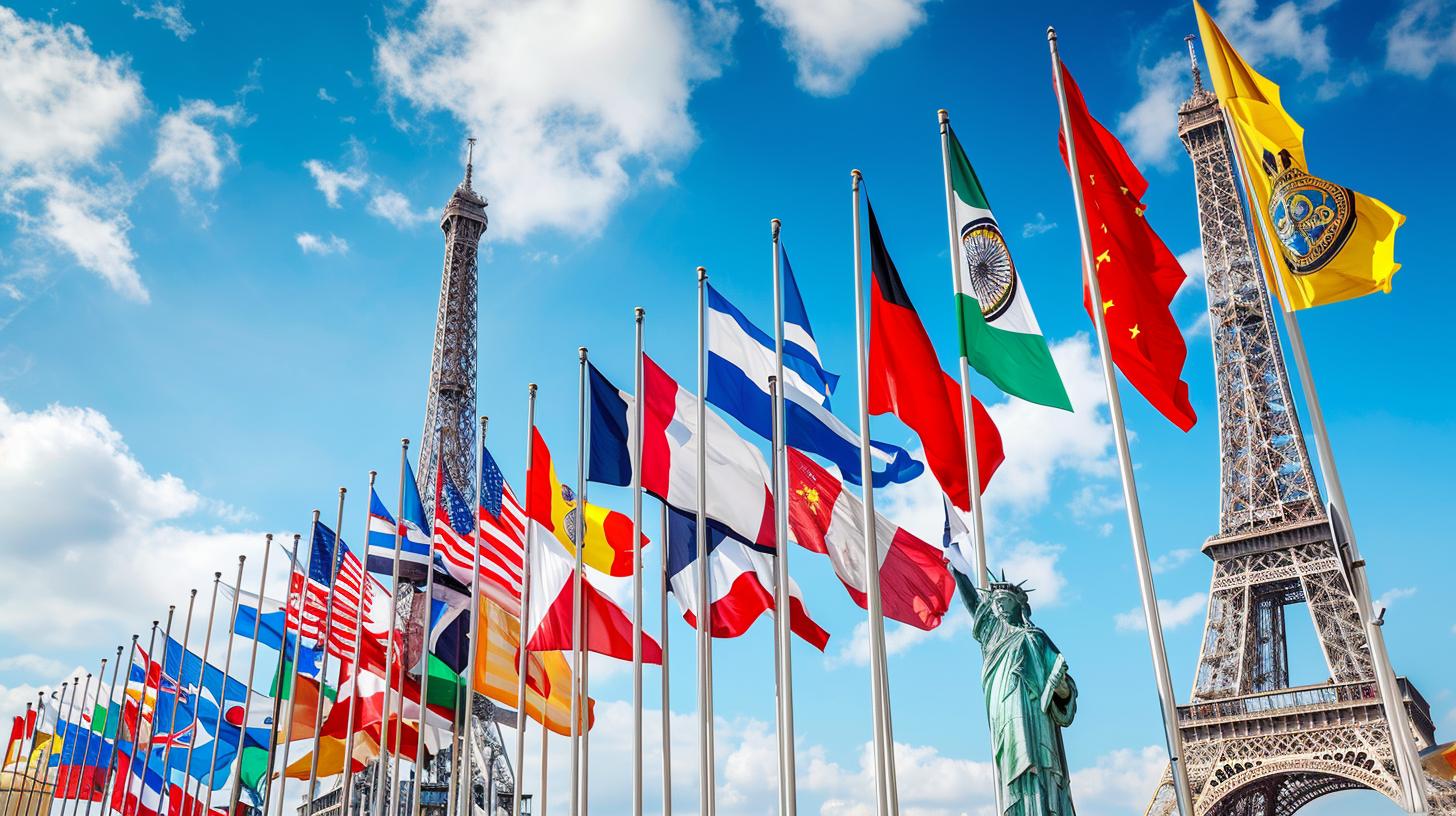Are you in a multi-cultural relationship and struggling to navigate cultural differences? Do you want to learn more about how to overcome cultural barriers and build a stronger relationship? In this article, we will explore practical tips and insights for navigating cultural transformations in multi-cultural relationships.
As someone who has been in a multi-cultural relationship for several years, I have firsthand experience with the challenges and opportunities that come with navigating cultural differences. Through trial and error, I have learned effective strategies for building a strong and fulfilling relationship that transcends cultural barriers.

Understanding Cultural Differences in Multi-Cultural Relationships
To successfully navigate cultural transformations in multi-cultural relationships, it is important to understand the significance of cultural sensitivity and awareness. Cultural sensitivity involves being mindful and respectful of cultural differences, including social customs, courtship traditions, and intimate milestones. This understanding is critical to building deeper connections and fostering cultural understanding in relationships.
While cultural differences can present challenges, they can also provide opportunities for personal growth and learning. Embracing different cultures can help multi-cultural couples broaden their knowledge and perspectives, gaining a deeper appreciation for the world around them.
Navigating Cultural Transformations in Multi-Cultural Relationships
- Understanding cultural differences is important for successful multi-cultural relationships.
- Effective communication strategies and compromise are key to overcoming cultural barriers.
- Celebrating and embracing cultural diversity can lead to strong and fulfilling relationships that transcend cultural barriers.

Real-Life Examples of Cultural Transformations in Multi-Cultural Relationships
Real-life examples of successful multi-cultural relationships can provide inspiration and valuable insights into navigating cultural differences. One example is the story of Maria and Abdul, who met in college and had different religious backgrounds. Through open communication, respect for each other’s beliefs, and a willingness to learn about each other’s cultures, they were able to overcome cultural barriers and build a strong and fulfilling relationship.
Another example is the story of Kaitlyn and Yuki, who had different communication styles due to their cultural backgrounds. Through active listening, asking questions, and compromise, they were able to overcome these differences and build a strong foundation for their relationship.

Overcoming Cultural Barriers in Multi-Cultural Relationships
Multi-cultural relationships often involve challenges related to differences in communication styles, values, and expectations. Effective communication strategies are essential for navigating these differences and building strong relationships. These strategies include active listening, asking questions, and clarifying misunderstandings.
Compromise is also essential for overcoming cultural barriers in multi-cultural relationships. Finding common ground and learning to appreciate each other’s values and expectations can help build a strong foundation for a successful relationship.

The Role of Family and Community in Multi-Cultural Relationships
The role of family and community in multi-cultural relationships cannot be overstated. Family expectations and cultural norms can impact relationships, and it is essential to navigate these differences with sensitivity and respect. Building a supportive community of friends and family who understand and appreciate cultural differences can also be beneficial.
Strategies for building strong relationships with extended family and community members include learning about their cultures, participating in cultural celebrations and events, and showing respect for their traditions and values.
Personal Story: Navigating Cultural Differences with Family Members
One of the biggest challenges in multi-cultural dating can be managing cultural differences with family members. Sarah, an American woman in a relationship with a Pakistani man, faced this challenge when she introduced her partner to her family. Her family had never met someone from Pakistan before and had many misconceptions about his culture and religion.
Sarah found that the best way to navigate these cultural differences was to educate her family about her partner’s culture and religion. She organized a dinner where her partner’s family cooked traditional Pakistani food and shared stories about their culture and traditions. Sarah’s family members were able to ask questions and learn about their partner’s culture in a comfortable and non-judgmental environment.
Over time, Sarah’s family members grew to appreciate and respect her partner’s culture. They even started incorporating some of his traditions into their own family celebrations. By being patient and open-minded, Sarah was able to build a supportive community for her multi-cultural relationship.

Celebrating and Embracing Cultural Diversity in Multi-Cultural Relationships
Celebrating and embracing cultural diversity in multi-cultural relationships can lead to a deeper appreciation of different cultures and can create shared experiences. Learning about each other’s cultures, trying new foods, and participating in cultural events can help build a strong and fulfilling relationship that transcends cultural barriers.
Challenges and Opportunities in Long-Term Multi-Cultural Relationships
Long-term multi-cultural relationships can present unique challenges, including differences in parenting styles, religious beliefs, and cultural expectations. However, these relationships can also provide opportunities for personal growth and deeper connections. By maintaining open communication, learning from each other’s cultures, and respecting each other’s values and expectations, couples can build a strong and fulfilling relationship that transcends cultural barriers.
Conclusion
In conclusion, cultural transformations are key to building successful multi-cultural relationships. By respecting and understanding cultural differences, couples can build deeper connections and navigate cultural barriers. This article has provided practical tips and insights for overcoming cultural differences, building supportive communities, and creating shared experiences. Celebrating and embracing cultural diversity can lead to strong and fulfilling relationships that transcend cultural barriers. With an open mind and a willingness to learn, curious cross-cultural couples can enjoy the enriching experiences of multi-cultural relationships.
Insider Tip: Remember that the goal of multi-cultural relationships is not to change each other’s cultures, but rather to learn and embrace them.
FAQs
Q: What are some common cultural barriers in multi-cultural relationships?
A: Common cultural barriers in multi-cultural relationships include differences in communication styles, values, and expectations.
Q: How can I overcome cultural barriers in multi-cultural relationships?
A: Effective communication strategies, such as active listening, asking questions, and clarifying misunderstandings, are essential for overcoming cultural barriers in multi-cultural relationships. Compromise and finding common ground can also help build a strong foundation for a successful relationship.
Q: What is the role of family and community in multi-cultural relationships?
A: Family expectations and cultural norms can impact relationships, and it is essential to navigate these differences with sensitivity and respect. Building a supportive community of friends and family who understand and appreciate cultural differences can also be beneficial.
Author Bio:
As a first-generation immigrant who has lived in several countries, I have experienced firsthand the challenges and opportunities that come with navigating cultural differences in relationships. I have a Bachelor’s degree in Cultural Studies and have worked as a cross-cultural communication consultant for several years, helping individuals and organizations navigate cultural differences in various contexts.




